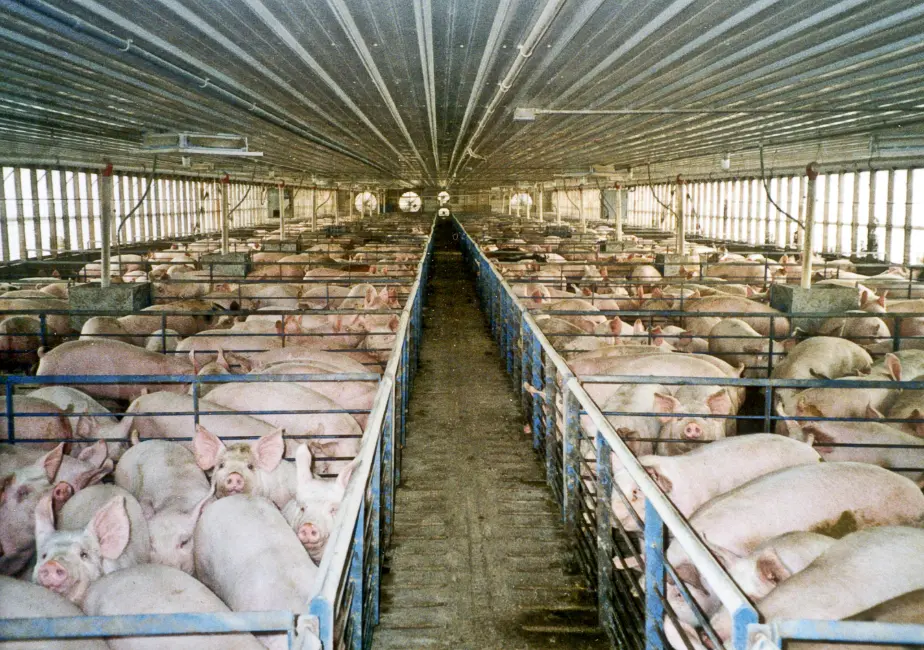
The Nigerian government has been tasked to take a precautionary look at the growing negative impact of industrial animal farming on the country’s food systems, environment, public health, and agricultural sovereignty.
The latest alarm follows the impending establishment of six industrial farming facilities across multiple states and the planned investment of $2.5 billion by JBS S.A in Nigeria.
At a one-day stakeholders workshop, stakeholders, including the academia, government, civil society, local farming communities, environmental, amongst others from Nigeria and Kenya, deliberated on the threat of industrial food colonialism through the entry of multinational meat corporations like JBS.
The stakeholders allege that activities of such corporations have been known to cause environmental destruction, massive deforestation emission of over 70 million tons of greenhouse gases, human rights abuses, and tax evasion.
They noted that industrial animal farming poses risks to public health, including an increase in incidences of zoonotic diseases, antibiotic resistance, food contamination, and the production of nutritionally poor food products.
A communique at the end of the workshop organised by the Health of Mother Earth Foundation, HOMEF, tasked the federal government to revoke the approval granted to JBS over a documented history of environmental destruction, which it said has worsened climate change and socio-economic disruption in local communities.
The stakeholders also asked the government to reject industrial animal farming models that threaten food sovereignty and instead invest in supporting smallholder farmers through financial assistance and infrastructure development that empowers local food systems.
The communique read, ”Federal and State Governments must conduct comprehensive, independent Environmental Impact Assessments for any proposed industrial farming projects, with mandatory community consultation and transparent public scrutiny before approving such investments.
”Government must implement strict regulations on multinational food corporations, including mandatory accountability mechanisms, environmental safeguards, and protection of community rights against displacement and exploitation.
”Academic and research institutions should prioritise research into sustainable, agroecological farming methods, and expose the true costs of industrial animal farming on public health, the environment, and social issues equity.”
Industrial animal farming poses risk to public health, agricultural sovereignty – Nigerian Govt warned


